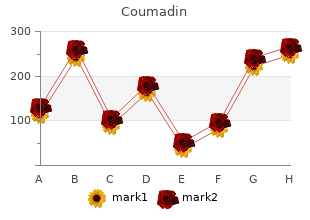
Birth defects, if you take it when you're pregnantĪs with all blood thinners, the most serious possible side effect of warfarin is bleeding that won’t stop.Warfarin may also interact with some prescription and over-the-counter medications and supplements. You may need to keep track of the vitamin K in your diet to help your doctor estimate the right dose for you. Even so, sometimes it's hard to keep just the right amount of warfarin in your bloodstream. In case of injury or emergency surgery, doctors can easily reverse its effects with an antidote drug.Ĭons: You and your doctor will need to monitor your blood to track the effects of your dose and your diet. It’s inexpensive and easy to take in pill form. Pros: Warfarin has a long history of success going back to the 1950s. But they're more stable and don't require hospital staff to monitor you. These drugs work in a similar way to UFH. As with UFH, your dose is based on your weight. You might know these drugs as dalteparin ( Fragmin) or enoxaparin. You can inject low molecular weight heparin (LMWH) into your skin at home. The hospital staff will check your blood regularly to make sure your dosage is correct.

The more you weigh, the more your doctor will give you. You get the type called unfractionated heparin (UFH) through an IV, usually in a hospital. Heparin is taken as a shot, and it works more quickly than Warfarin. Your doctor will give you this test every few weeks and adjust your dose as needed.

The test tracks how quickly your blood clots. You may also hear this called international normalized ratio (INR) testing, because that ratio is the standard way the test results are reported. Your dosage is based on the results of a blood test called a prothrombin time (PT) test. How Do You Take Warfarin and Heparin?ĭoctors usually prescribe warfarin as a daily pill. Heparin drugs interfere with certain factors that activate thrombin, an enzyme that helps your blood clot. Bacteria in your gut also produce it naturally. You get vitamin K from eating green leafy vegetables like broccoli, kale, Brussels sprouts, and spinach. That means it works to stop your liver from processing vitamin K into substances, or "factors," that normally help clot your blood.

Warfarin, also known by the brand name Coumadin, is a vitamin K antagonist. Warfarin and heparin act on different parts of this process. They just interrupt your body’s natural clotting process.


 0 kommentar(er)
0 kommentar(er)
